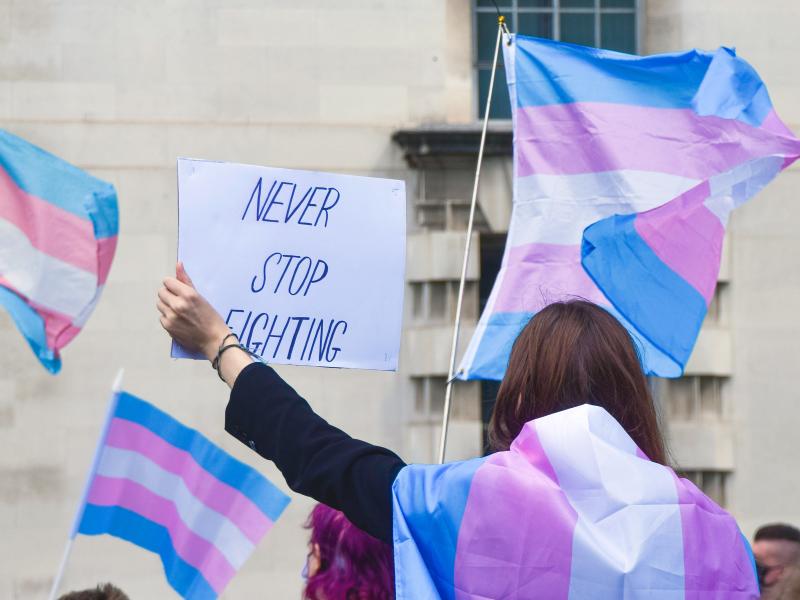An ITF spokesperson said:
"Ryanair cabin crew in four European countries have declared industrial action for 25 and 26 July in response to the company’s persistent failure to take workers’ demands seriously.
"The ITF and the ETF support all lawful industrial action taken by their national affiliates with the aim of winning a fair deal for Ryanair workers.
"Yesterday, at the end of the historic first-ever Ryanair Cabin Crew Summit in Dublin, workers from across the airline’s network published a Ryanair Crew Charter outlining their key demands.
"Rather than acknowledging these issues and agreeing to negotiate in good faith, the company instead immediately denounced the demands as 'pointless'.
"Ryanair workers are frustrated by the lack of progress since the company announced that it would recognise unions in December 2017. Since then, only a couple of recognition agreements have been signed and there have been no concrete improvements in pay and working conditions.
"In dismissing the Ryanair Crew Charter, the company has further weakened its credibility with workers and their unions.
"Today’s announcement comes only two days after the Irish pilots’ union IALPA/Fórsa announced strike action for Thursday 12 July. The company can expect further strike action over the summer if it continues to ignore the legitimate demands of its workers."



